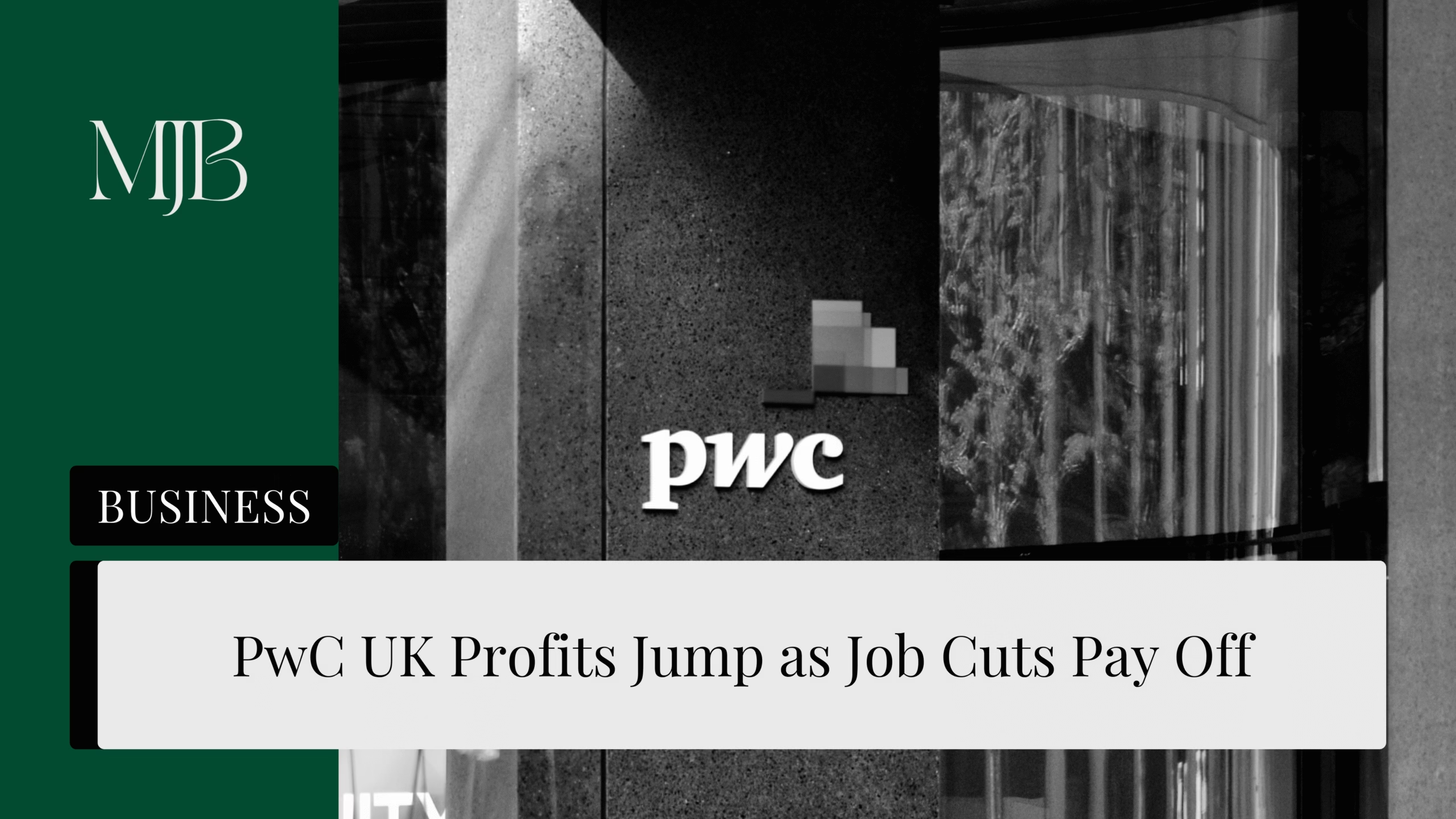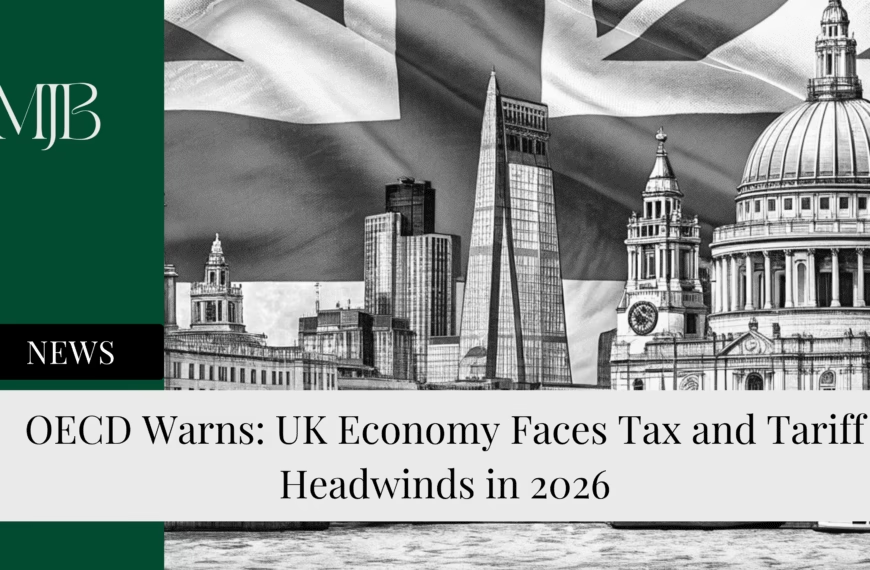PwC UK just delivered a masterclass in “cutting costs to boost profits.” The Big Four giant’s latest results show what happens when you make tough decisions – profits jumped to £1.37bn while revenue barely budged.
Here’s the story: strategic job cuts are finally paying off. For the year ending June 2025, PwC UK generated £6.35bn in revenue (up just 0.4%) but saw total profits surge from £1.14bn to £1.37bn. That’s what happens when you trim the fat during tough times.
The firm’s navigating a tricky landscape where AI is reshaping consulting, but their early moves suggest they’re positioning for what’s next.
The Numbers Tell the Real Story
Here’s what matters most. Profit per UK partner hit £865,000 – up from £862,000 last year. Not exactly life-changing money for these folks, but it shows momentum.
The winners and losers are telling. Tax services with 6% growth (thank you, complex regulatory changes), while deals and audit also posted gains.
But consulting and risk? They each dropped 3%. Market conditions separated the strong from the struggling.

Job Cuts: The Medicine That’s Working
Let’s be honest – PwC made some brutal choices. They axed 123 partners in March and hit pause on their tech apprenticeship scheme.
Senior partner Marco Amitrano spoke plainly: they took “decisive steps to position our business for sustainable growth.” Translation? Sometimes you’ve got to cut deep to stay competitive.
They’re trying to ease the pain with a new managing director grade and shadow leadership team. Plus, they kept their promise on pay and promotions.
AI Revolution Reshaping Everything
PwC’s betting big on tech with their Tech Catalyst unit and AI Elevation Studio. Smart move, since AI is literally rewriting the consulting playbook.
The twist? AI is also eating their lunch by automating junior work. It’s forcing firms to shift from “here’s our advice” to “here’s your results.”
Tom Rodenhauser from Kennedy Intelligence stated: strategy firms face “the reality of how far they can go into the technology and operation space.”
Hybrid Work Gets Serious
PwC’s is tightening the reins on their three-days-in-office policy. They’ve got a traffic-light system tracking who shows up.
Love it or hate it, they’re betting face time still matters in consulting.

What This Really Means
PwC UK’s story is simple: old consulting models are under attack, but smart firms can adapt. The job cuts hurt, but they created space for AI investments.
The real question? Whether these moves set them up for growth or just delay the reckoning with an AI-first world.
Want to see how this plays out? The consulting transformation is just getting started.
FAQ
Q1: Why did PwC UK’s profits increase despite flat revenue?
A: Strategic headcount cuts, including 123 partner reductions, lowered costs while revenue stayed steady. Basic economics – same income, lower expenses equals better margins.
Q2: Which PwC services are winning right now?
A: Tax leads with 6% growth, plus gains in deals and audit. Consulting and risk both fell 3% each, showing market pressure in those areas.
Q3: How is AI changing PwC’s business?
A: They’re investing heavily through Tech Catalyst and AI Elevation Studio. But AI is also automating junior work, forcing a shift from advice to measurable outcomes for clients.
Q4: What’s PwC’s office attendance policy?
A: Staff must be in office at least three days weekly, tracked by a traffic-light monitoring system. It’s their structured approach to hybrid working.
Q5: Are other Big Four firms facing similar pressures?
A: Absolutely. All Big Four are cutting roles while expanding tech capabilities. It’s industry-wide transformation as consulting adapts to AI disruption.
DISCLAIMER
Effective Date: 15th July 2025
The information provided on this website is for informational and educational purposes only and reflects the personal opinions of the author(s). It is not intended as financial, investment, tax, or legal advice.
We are not certified financial advisers. None of the content on this website constitutes a recommendation to buy, sell, or hold any financial product, asset, or service. You should not rely on any information provided here to make financial decisions.
We strongly recommend that you:
- Conduct your own research and due diligence
- Consult with a qualified financial adviser or professional before making any investment or financial decisions
While we strive to ensure that all information is accurate and up to date, we make no guarantees about the completeness, reliability, or suitability of any content on this site.
By using this website, you acknowledge and agree that we are not responsible for any financial loss, damage, or decisions made based on the content presented.






